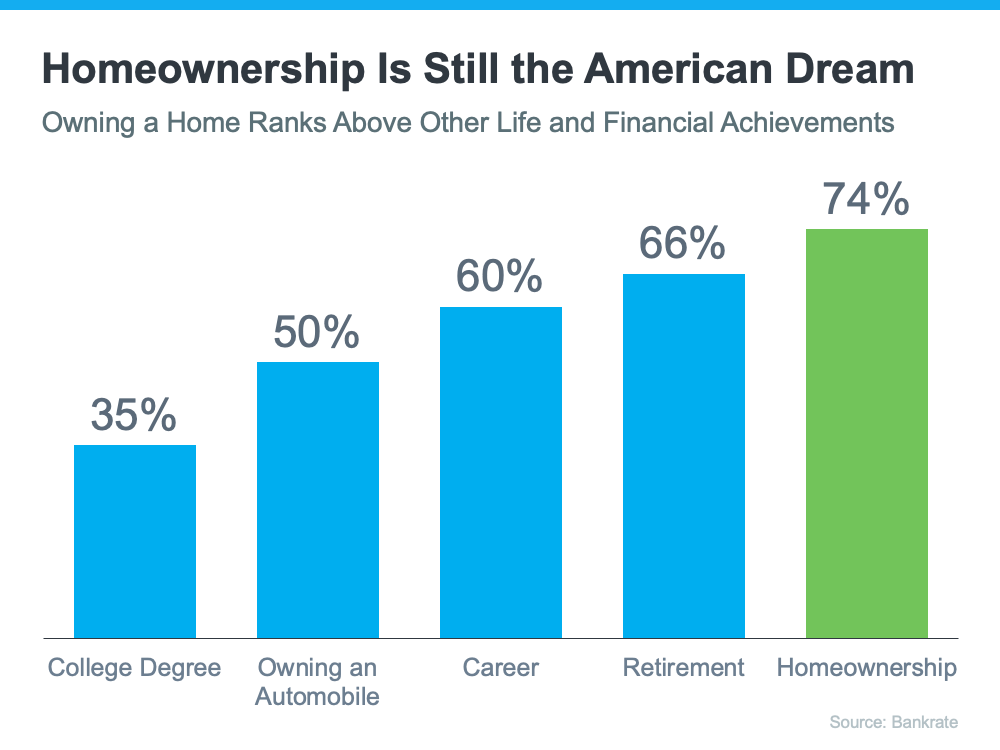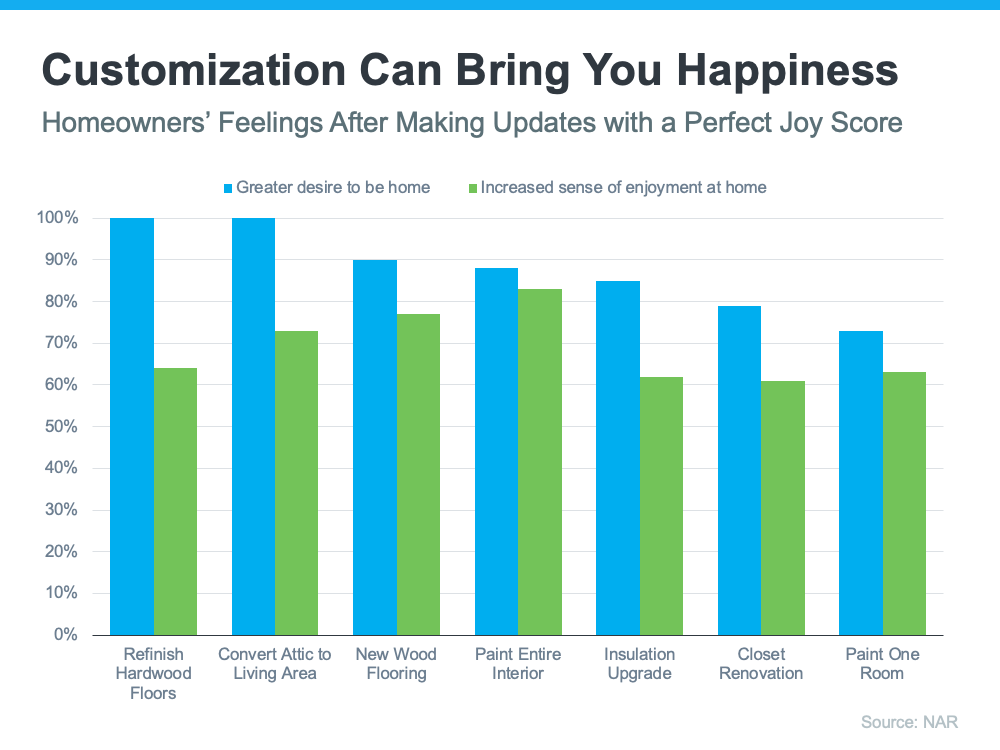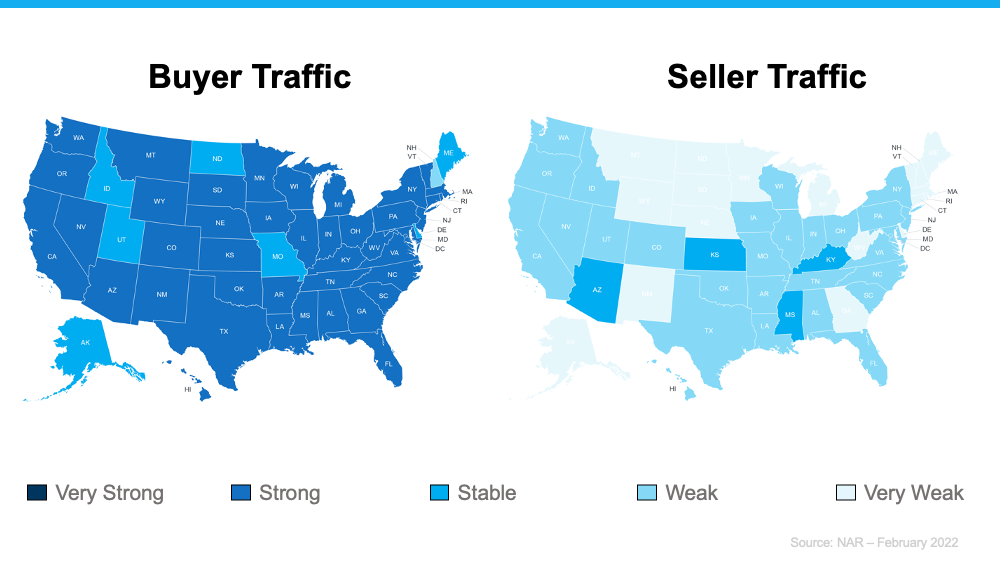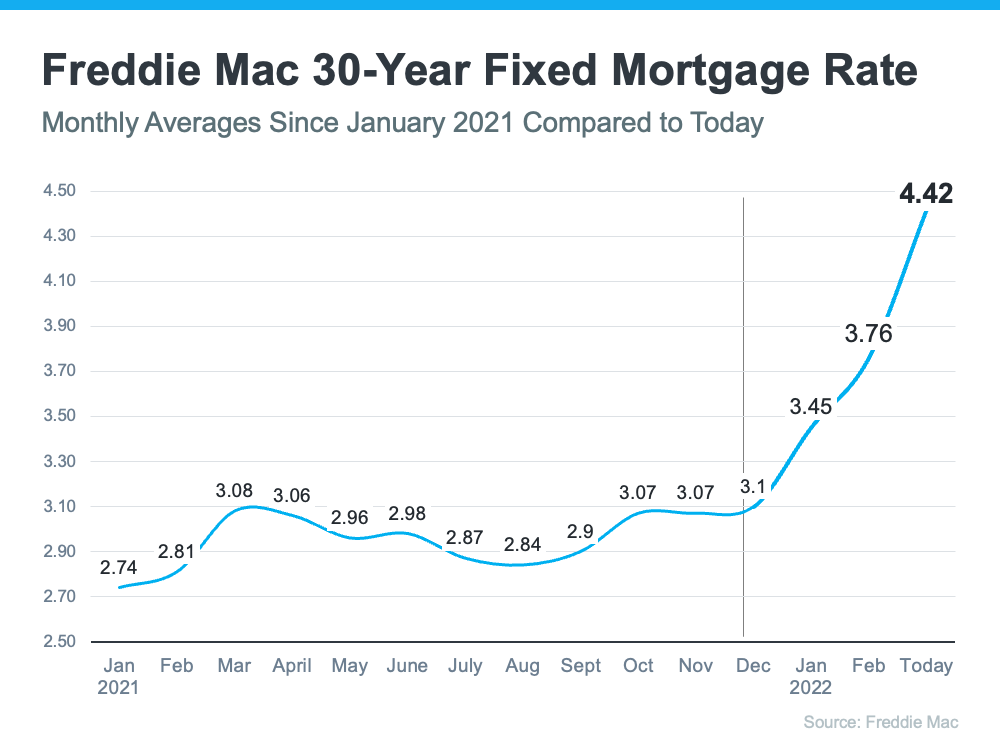- If you’re wondering what a potential recession could mean for the housing market, here’s what history tells us.
- In four of the last six recessions, home prices actually appreciated, only falling during the early 90s and the housing crash in 2008. Mortgage rates, though, declined during each of the previous recessions.
- If you have questions about buying or selling a home in today’s market, let’s connect.
Some Highlights
- If you’re wondering what a potential recession could mean for the housing market, here’s what history tells us.
- In four of the last six recessions, home prices actually appreciated, only falling during the early 90s and the housing crash in 2008. Mortgage rates, though, declined during each of the previous recessions.
- If you have questions about buying or selling a home in today’s market, let’s connect.
Some Highlights
- If you’re wondering what a potential recession could mean for the housing market, here’s what history tells us.
- In four of the last six recessions, home prices actually appreciated, only falling during the early 90s and the housing crash in 2008. Mortgage rates, though, declined during each of the previous recessions.
What Would a Recession Mean for the Housing Market? [INFOGRAPHIC]
Some Highlights
- If you’re wondering what a potential recession could mean for the housing market, here’s what history tells us.
- In four of the last six recessions, home prices actually appreciated, only falling during the early 90s and the housing crash in 2008. Mortgage rates, though, declined during each of the previous recessions.

![What Does a Recession Mean for the Housing Market? [INFOGRAPHIC] | Simplifying The Market](https://files.keepingcurrentmatters.com/wp-content/uploads/2022/08/20220826-MEM.png)






![Real Estate Consistently Voted Best Investment [INFOGRAPHIC] | Simplifying The Market](https://files.keepingcurrentmatters.com/wp-content/uploads/2022/06/20220701-MEM.png)



![History Proves Recession Doesn’t Equal a Housing Crisis [INFOGRAPHIC] | Simplifying The Market](https://files.keepingcurrentmatters.com/wp-content/uploads/2022/06/20220603-MEM-2.png)






![Do You Know How Much Equity You Have in Your Home? [INFOGRAPHIC] | Simplifying The Market](https://files.keepingcurrentmatters.com/wp-content/uploads/2022/04/20220408-MEM.png)

![It’s Still a Sellers’ Market [INFOGRAPHIC] | Simplifying The Market](https://files.simplifyingthemarket.com/wp-content/uploads/2022/03/31142111/20220401-MEM.png)



